ISRC Codes Explained
Quick Answer
The International Standard Recording or ISRC Code serves as an identifier for both video and music recordings. As an artist or producer, having an ISRC code for your recording can help procure more royalties, validate any claims to copyright, and may be necessary for distribution on certain popular services.
ISRC Codes Explained in Depth
ISRC Codes can be confusing for sure. There’s a lot of information out there - some sources claiming you need one, some claiming you don’t.
Some state that ISRC codes help with the procurement and distribution of royalties, while some companies and sources claim the opposite. Regardless, the less time you have to spend worrying and researching, the more time you can spend on what actually matters - making music.

Although collecting royalties is one part of ISRC codes, the real reason you need one is so companies can categorize your music.
With that in mind, let’s look at what ISRC codes actually do, and what they don’t do. Let’s discuss the primary reasons why you need one of these codes and certain rare circumstances in which you do not need these codes.
We’ll be delving into the cost of ISRC codes, where you can get one (or more than one), and other practical as well as technical aspects of these identifiers.

The less time you have to think about these codes, the more you can spend on making the music you love.
We’ll also be looking into how ISRC codes relate to mastering, so if you’re a mastering engineer, or looking for a mastering engineer, let’s clarify what role a mastering engineer plays in all of this.
Also, if you’re looking to have one of your mixes mastered, you can send it to us here:
We’ll master it for you and send you a free mastered sample. All it takes is creating this short account and uploading the song.
How Much Does an ISRC Code Cost?
ISRC codes shouldn’t cost anything, and if a service is attempting to charge you for one of these codes, perhaps it’s best to find a different service. You have the option to become a “Registrant” for an annual fee; however, this isn’t necessary for individual artists.
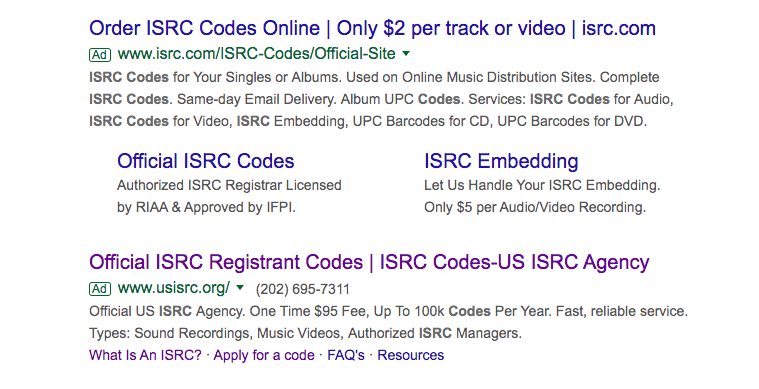
Notice that these advertisements show $2 per ISRC code - do not pay for ISRC codes.
Despite many people knowing they don’t need to pay for these codes, there is a lot of confusion about the cost of getting one of these codes for your music or video. Some companies charge $95.00 USD for up to 100,000 codes, whereas some charge more than $2 per code!
This may not seem like a lot, but for an independent artist, the cost of these codes, on top of the cost of distribution and whatever it took to create your single, EP, or album, can add up quickly.
Additionally, why pay for something when you can get it for free?
Fortunately, most distributors offer free ISRC codes during the distribution process.This means a few different things:
- This is a bit obvious, but you don't need to spend money on an ISRC code
- You don’t need to purchase or procure an ISRC code prior to distribution
- Your ISRC code does not need to be embedded into your audio recording during mastering
Granted, if you’d like, you’re more than welcome to purchase or procure your ISRC codes prior to distribution; however, it should be known that this is not a necessity.

You can still purchase ISRC codes if you'd like, but know that doing so is not necessary.
So again, you can certainly pay for ISRC codes if you truly want, but the most cost-effective route is to hold off on this until distribution, at which point your distributor will assign one to each one of your tracks for you and for free.
Do Mastering Engineers Add ISRC codes?
Mastering engineers were once responsible for embedding ISRC codes, as well as other metadata like track titles and order, into an audio file. This process has mostly gone out of practice; today most mastering engineers solely handle the sonic aspects of mastering, however, some engineers can still provide this service.
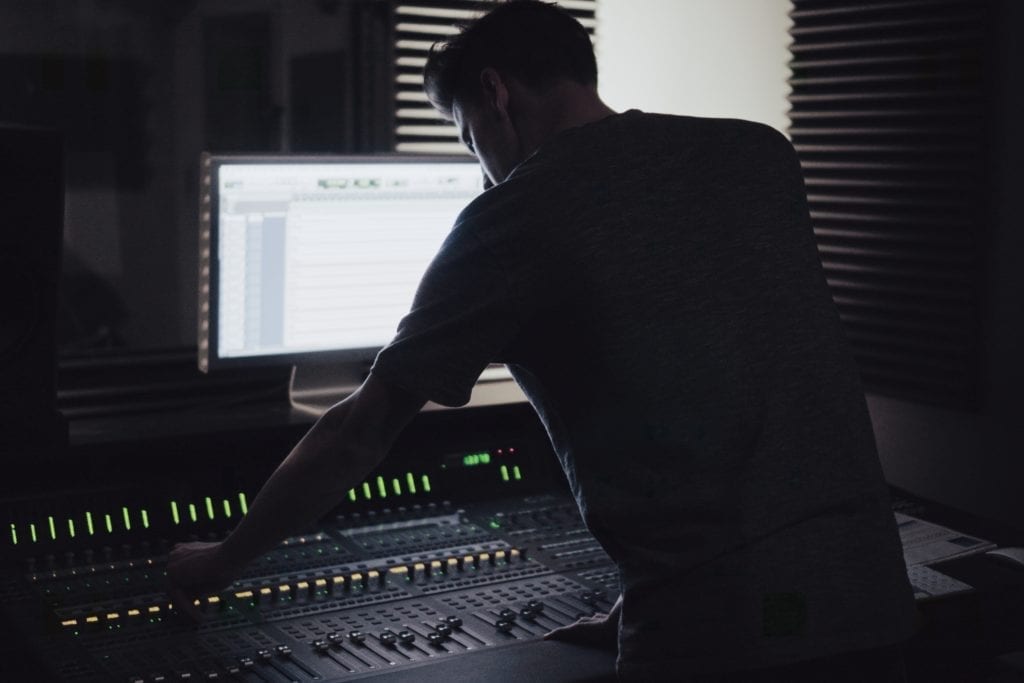
Mastering engineers were once responsible for adding ISRC's.
With the advent of streaming services and online distribution, adding an ISRC code became an automated practice that could be handled by a computer program. As you might imagine, this led to fewer metadata mistakes, especially those related to ISRC codes, as these were directly assigned via online software.
Although this change may seem simple at first, it altered both the role of the mastering engineer and the order with which ISRC codes are embedded into a file. Due to this change, there is some misinformation regarding when and by whom ISRC codes are added.
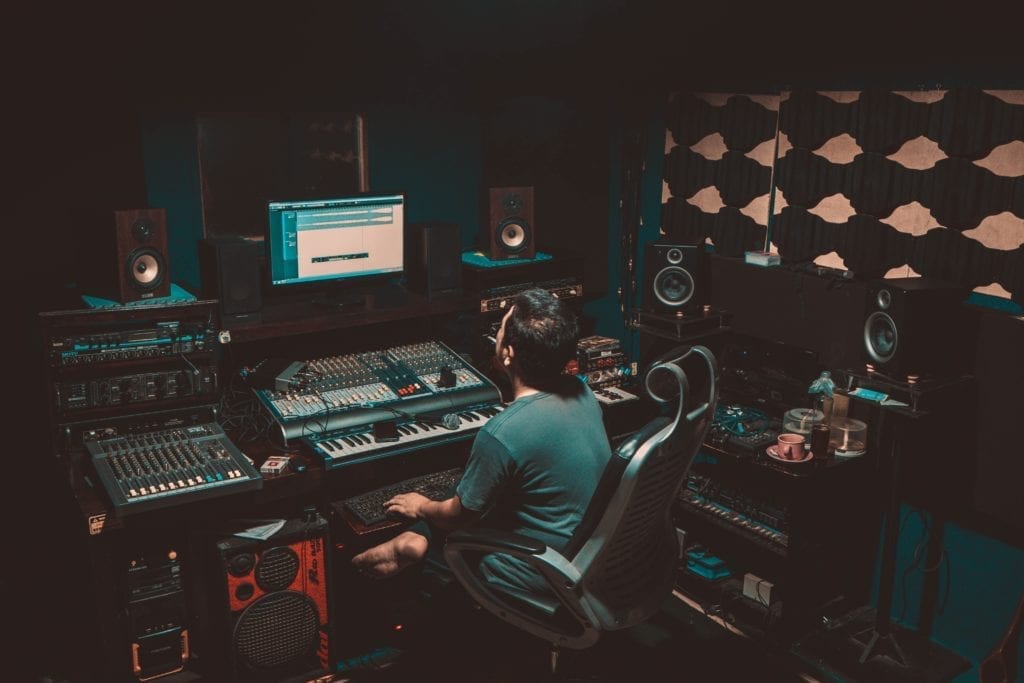
Misinformation and improper encoding occurred from time to time and resulted in incorrect ISRC's.
In short, yes a mastering engineer can handle this process for you if you wish. They will need the correct software, and the knowledge of how to do this - but it can still certainly be done. If you do choose to go this route, you will need to procure an ISRC code(s) prior to the mastering process.
At which point, the mastering engineer will manually enter these codes into their software and they will be embedded into your track as metadata.

All codes had to be manually entered in back when this process was popular.
With that said, this process does have some setbacks so let’s list those out:
Having a mastering engineer enter your ISRC codes greatly increases the possibility of “human error.”All it takes is one incorrect number or letter and you track will not be trackable for some royalties.****Needing to have your ISRC codes prior to mastering means having to purchase them, or spend the time finding them for free online.If you were to save this process for distribution, your code would automatically be assigned during said distribution.
This isn’t to say that mastering engineers shouldn’t be tasked with this process, or that you need to leave ISRC code encoding for distribution - just that it may be easier, more cost-effective, and safer to lead this process for distribution.
Furthermore, it should be noted that the PCM file (the high-quality file) created by mastering, cannot support, or is incapable of embedding metadata. So, your WAV or AIFF file will not be able to contain this information.
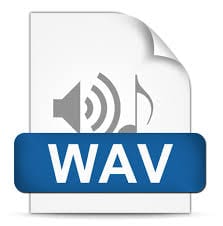
Although WAV files and other PCM files sound great - they cannot contain ISRC data.
If you want to have your mastering engineer embed your ISRC code or codes, it will need to be done to a master CD or to a DDP (Disc Description Protocol) file. Considering most distribution is now digital and streaming-based, this process may not be the best way to have ISRC codes embedded.
If you’d like to learn more about what mastering engineers are responsible for these days, check out our blog post for an in-depth and comprehensive view of mastering:
It’s full of relevant and useful information on the mastering process and is a great read if you are trying to become a mastering engineer.
Do I Need an ISRC Code?
This is a question that gets asked often, and the answer is almost always ‘yes, you need an ISRC code.’ However, the reasons for this are either omitted, or the answer usually has something to do with royalties.
In truth, you could release your music without an ISRC code on certain platforms - you may receive fewer royalties, but the extent to which ISRC codes help with procuring royalties is somewhat debatable.

More laid-back distribution types typically don't require an ISRC, since royalties won't be collected.
The real reason you absolutely need an ISRC code is that many distributors and streaming services require them prior to your song’s release. In other words, you can’t distribute to Spotify, Apple Music, Tidal and many other popular streaming services without one of these codes.
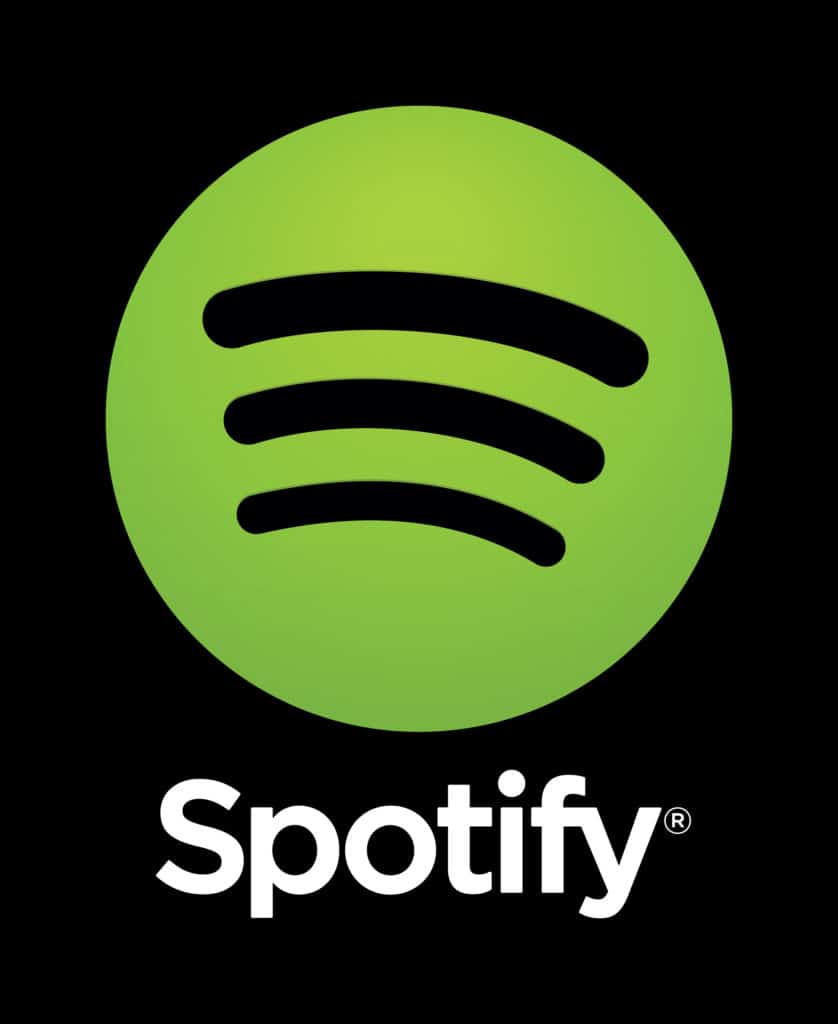
Many Major streaming services require ISRC's.
Again, this isn’t because you’ll make less money, or because it’s the responsible thing to do as an artist - it’s because these distributors and services will not allow your song to be distributed without one.
So, in short, you don’t need an ISRC code if you don’t plan on distributing your song, or you plan to simply upload the song to SoundCloud or a similar service - but if you plan on professionally releasing your song, streaming services and distributors will need to assign an ISRC code to properly categorize you track or tracks.
Want to learn more about the streaming services discussed here? Check out our blog post that details how to master music for streaming release:
How do ISRC Codes Relate to PROs?
A PRO or a Performance Rights Organization helps songwriters by representing them in general licensing agreements - these agreements can occur with restaurants, clubs, gyms, dance studios, or any business in which your music is being used in a commercial setting or for the sake of drawing in or retaining business.

Public performance royalties are collected from restaurants or any business that uses music to entertain their clients or customers.
Furthermore, these PROs help to collect royalties from any sync licensing agreements whenever the TV show, commercial or movie is aired.
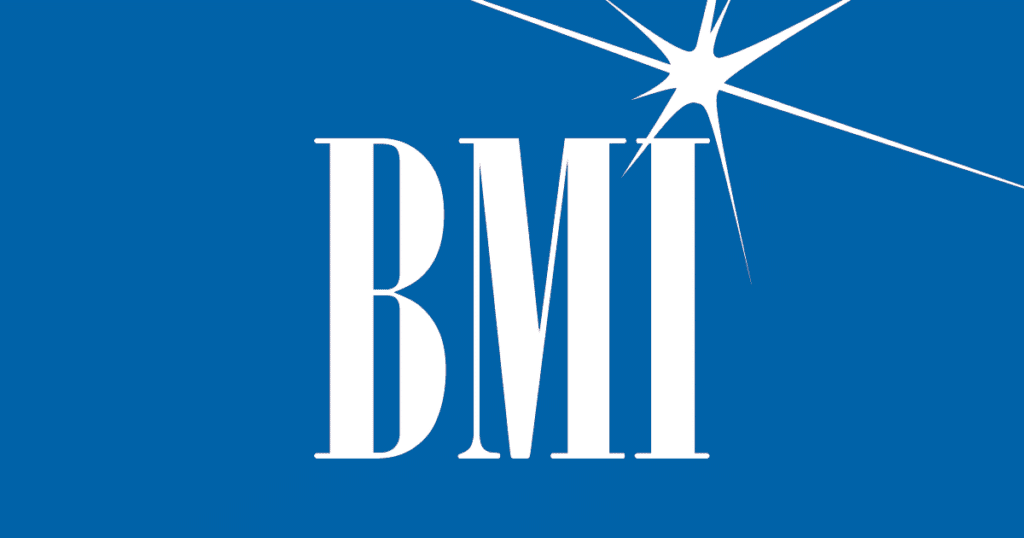
BMI is one of three major PROs in the US.
So what does an ISRC code have to do with this?
Well, contrary to popular belief, the ISRC code isn’t used for tracking the song’s whereabouts or usage. It’s not as if an ASCAP, BMI, or SESAC employee can enter the ISRC code and see where the song is being played and to what extent.

An ISRC doesn't make your recording entirely trackable at all times.
(If this was the case, that would be amazing; however, this simply isn’t how these royalties are collected.)
In truth, just like with distributors and streaming services, ISRC codes are used for categorization purposes. It’s an identifier for your song, that can be included on any cue sheet from a film producer, or report from a radio station, to ensure that the song in question is the correct one.
For example, say your song was titled something like “Pressure.” As you can imagine, there are many songs that will share this title, and discerning which “Pressure” song is being used can become difficult quickly.
An ISRC code guarantees they the PROs and anyone facilitating the usage of your song in what is called a “public performance” are all on the same page, and know the exact song that is being used.
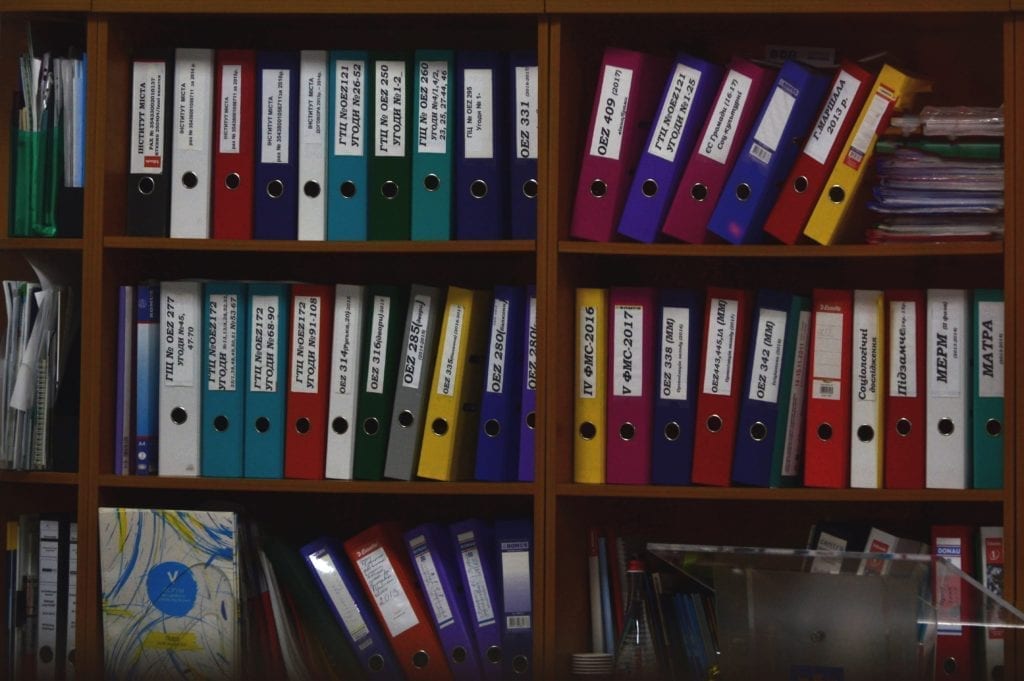
ISRC codes truly help with categorization and ensuring the correct recording is being addressed.
So, an ISRC code doesn't allow a PRO to track your song to a T, but it does allow them to communicate with whoever may be using your song, to ensure that the royalties are collected and dispersed accurately.
If you’re looking to learn more about the songwriting process that proceeds distribution and ISRC encoding, check out our blog post of the topic here:
It details a step-by-step account of how to take a song from the initial writing stages to distribution and release.
Also, if you’re about ready to have your song mastered, send it to us here:
We’ll master it for you and send you a free mastered sample of your song.
How Do I Get an ISRC Code?
The easiest, most accurate, and most cost-effective way to receive an ISRC code is during the distribution process, at which point these codes will automatically be assigned and embedded into your recording. This method is typically free and guarantees that the correct code is associated with your recording.
Although we touched on this briefly when discussing how mastering engineers relate to ISRC codes, let’s delve into some specifics.
You may be wondering how you ensure your recording receives an ISRC code during the distribution process. In truth, this is an incredibly easy process.

Songtradr is one service that provides free ISRC's during distribution.
Whenever you've finished entering the metadata for your track, like the song’s name, the artist associated with it, the publishing is applicable etc, the distributor's online interface will ask if the song as an ISRC code.
If you’ve already received some you can enter these when prompted, but again, the easiest thing to do is to allow the distributor to assign and embed these codes.

These codes are automatically assigned by these distributors.
This will again ensure that the right code is used, you can be assured that the streaming service and your royalty collectors will have the correct ISRC code, and best of all the code as well as the encoding process will be entirely free.
Do ISRC Codes Help with Copyrighting?
ISRC codes can help with copyrighting your recording, and ensuring that your recording is accurately categorized for future reference. Granted, the actual recordings and production files are your best proof of copyright; however, an ISRC code can be additional proof that your recording belongs to you.
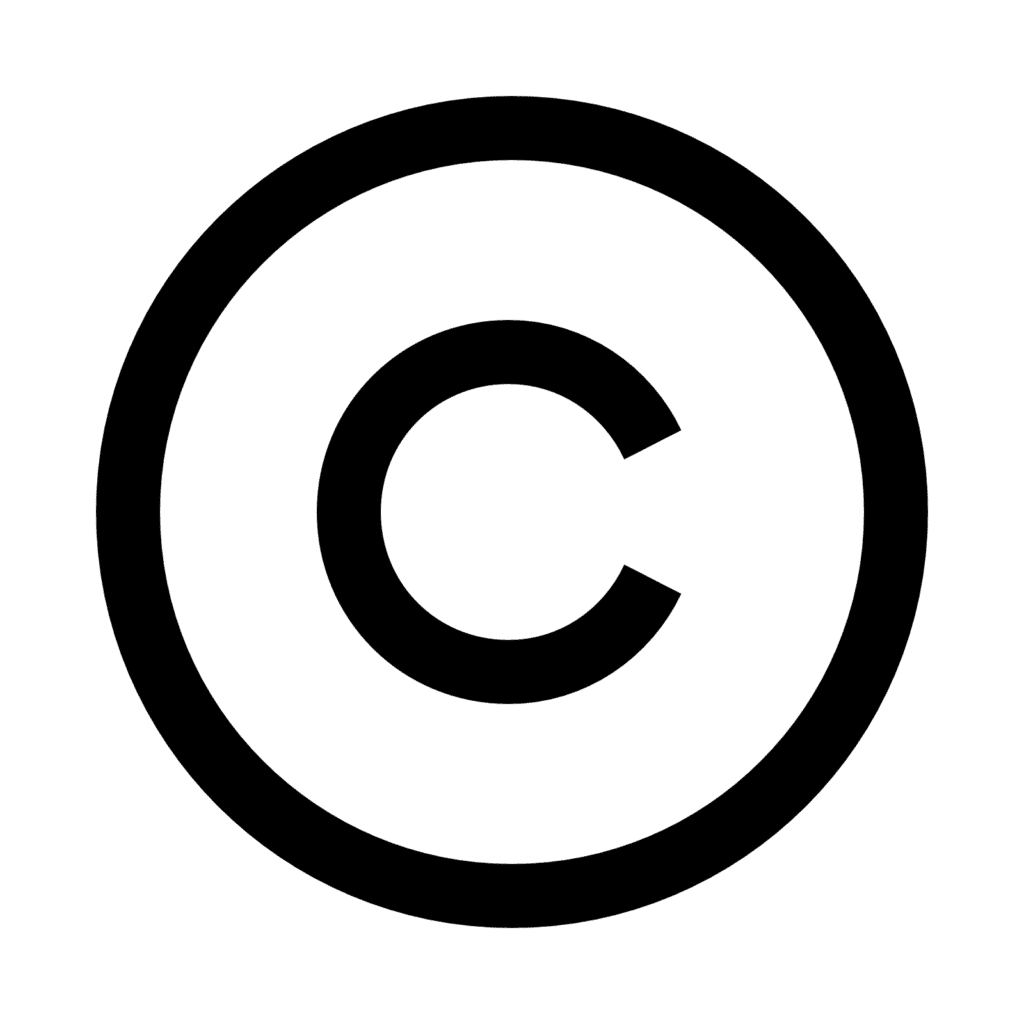
ISRC's add some validity to your copyright claims.
The reason an ISRC code can help with this is similar to how ISRC codes are used to communicate between PROs and industry professionals.
In short, your song title may be shared with any number of other recordings. An ISRC code allows anyone tracking your recording to be certain that the recording they’re attempting to identify is the correct one.

ISRC's serve as a unique identifier for your song, and in turn, help to ensure your recording is correctly identified.
Because the code is so unique, a copyright office can easily identify a recording as the one associated with the ISRC code - meaning proof of copyright will be made easier.
What Does an ISRC Code Look Like?
Saving the technical minutiae for last, let’s look at what makes up the code, what each section of code means, and how this ties into to creating a unique identifier for your music. Granted, if you’ve researched ISRC codes in the past, odds are you seen this broken down, but just in case - let’s take a look at the code.
Here is a generic ISRC code:
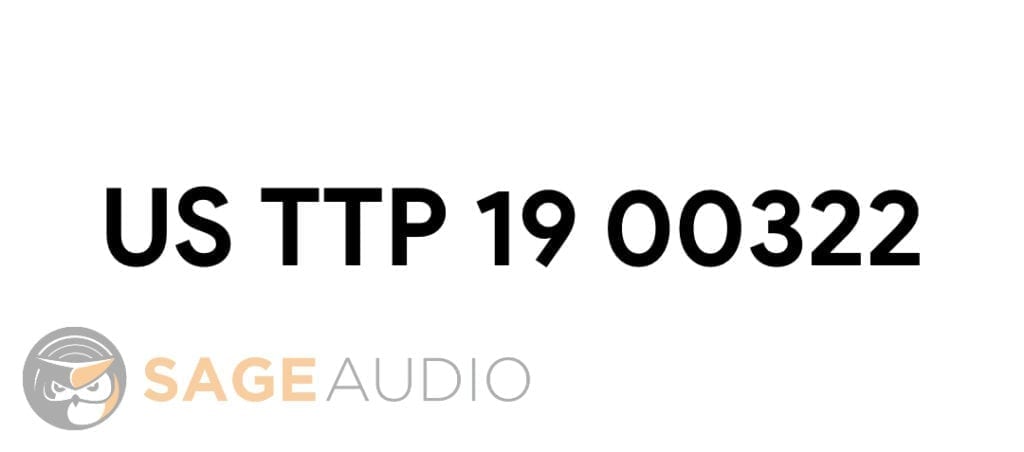
This is what an ISRC code looks like.
The first section “US ” is the “Country Code ,” showing from which country the recording was made.
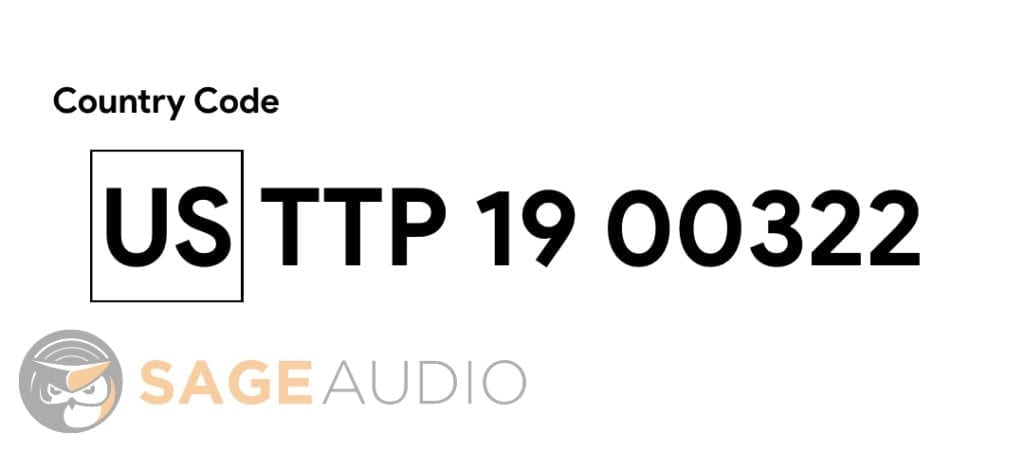
The country code shows the origin of the ISRC.
The second section “TTP ” is the “Registrant Code ” which is a unique identifier issued by the distributor from which your song was distributed.
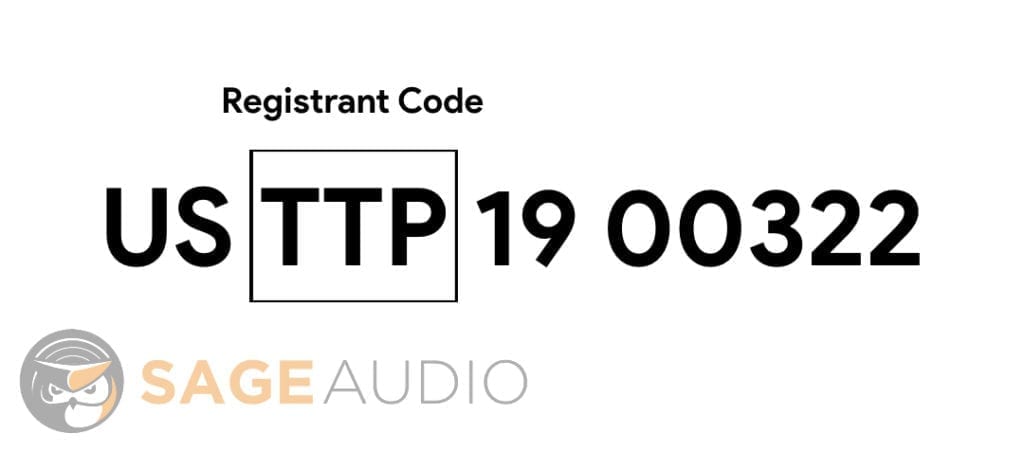
The Registrant Code is a unique identifier issued by the distributor from which your song was distributed.
The third section “19 ” is the “Year of Reference ” which is simply the year the code was issued.
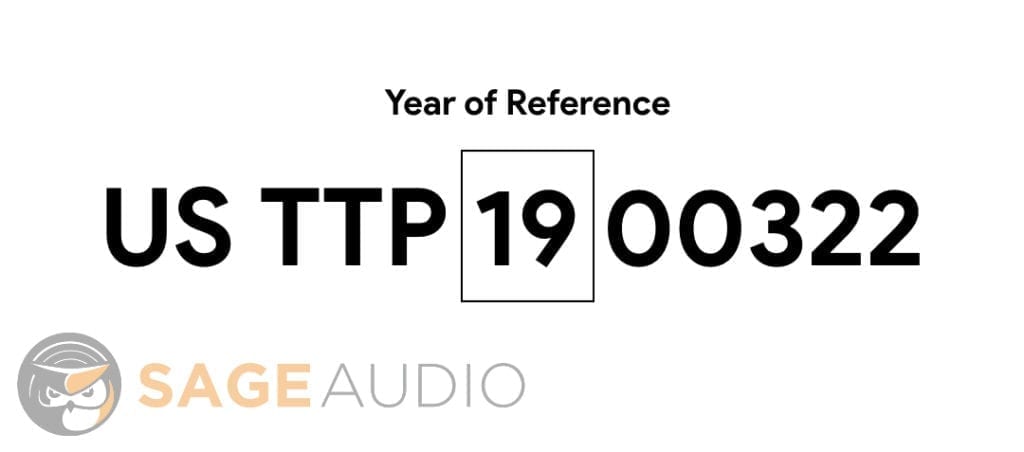
This is the year the code was created.
And the fourth and last section “00322 ” is called the “Designation Code ” and can be between 00001 and 99999. It increases in sequential order with each new ISRC code.
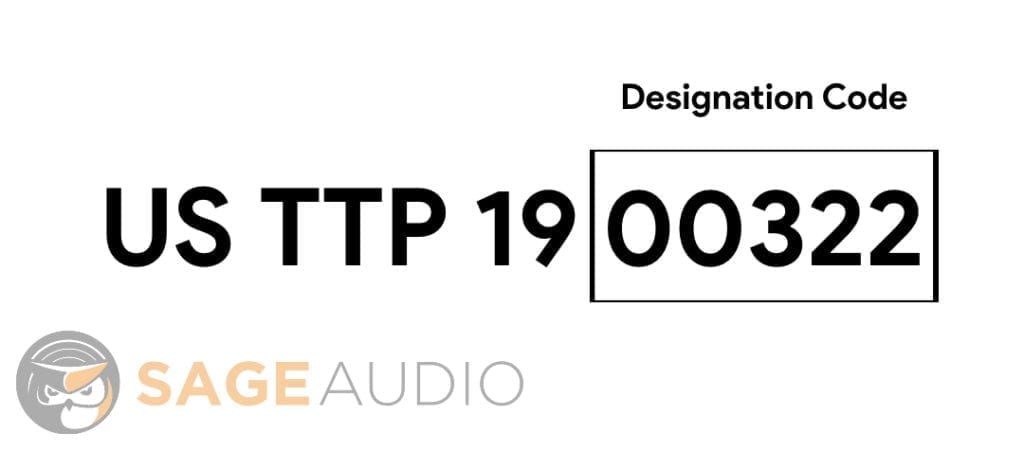
This is the number the code was in the order of new releases.
Conclusion
ISRC codes are a bit difficult to understand, but hopefully, the information provided here has provided some clarity.
You do in fact need ISRC codes for your recordings. This isn’t because you won’t receive royalties without them, but because they are required by most distributors for categorization purposes.
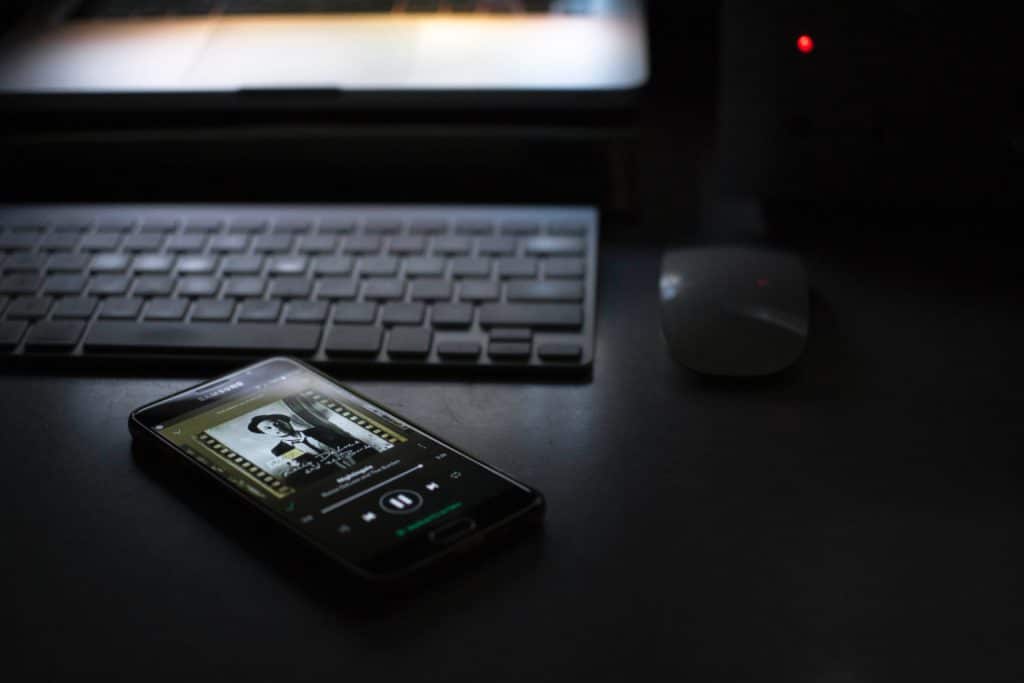
You need these codes to get your music distributed to major streaming services.
ISRC codes are not used to track your song or recording, but for organization and communication amongst multiple music industry groups and institutions. The fact that your recording can be organized and recalled is what leads to certain groups, be it a PRO or distributor collecting royalties on your behalf.
Although mastering engineers were once responsible for adding ISRC codes and other metadata to your recordings, this practice has become less and less popular with time. You can still ask your mastering engineer to perform this for you; however, even mastering engineers will tell you that this isn’t the best option.
Today, the best way to get ISRC codes is from your distributor. The codes will be assigned during the distribution process, most likely right after you finish adding your recordings’ relativist metadata.
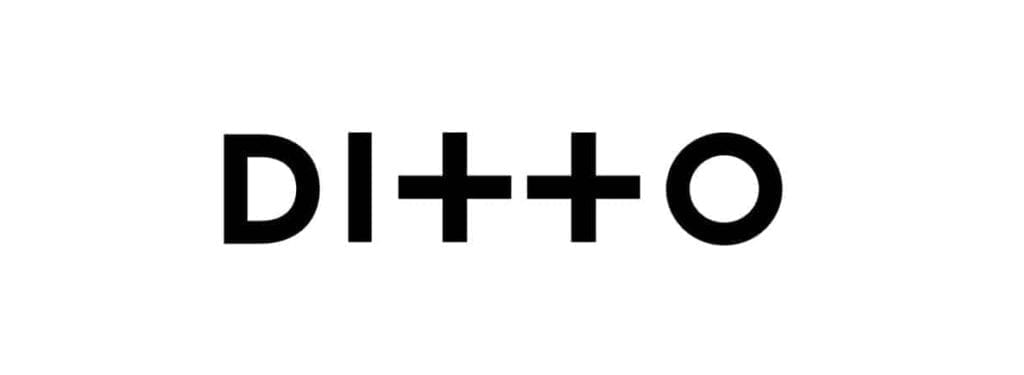
Distributors like Ditto, CDBaby, and many others, offer these codes during the distribution process.
If you are ever prompted to pay for an ISRC code, you should look for a different service. ISRC codes should be provided to you for free. Some sites try to charge $2 USD for an ISRC code, which is unequivocally a waste of your money - do not pay for an ISRC code.
If you’re about to distribute your song, but still need to have it mastered, send it to us here:
We’ll master it for you and send you a free mastered sample of your work.
What are your thoughts on ISRC codes?




